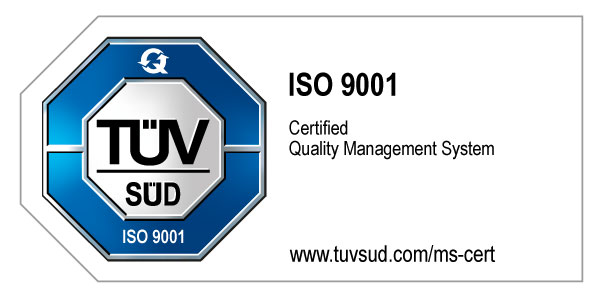DevOps transformation Optimize your IT with tailored consulting
In our DevOps implementation consulting service, we offer your company the opportunity to discover the comprehensive benefits of DevOps and develop a strategy tailored to your needs. This service is the first step towards a more efficient, responsive and higher quality IT and software development environment.
Entry offer: Non-binding one-day workshop
Start with a one-day workshop tailored to your specific needs, challenges and goals. During this workshop, our experts will conduct a simple needs assessment to evaluate your current IT infrastructure and development processes. Based on this, we will give you an initial assessment of how the introduction of DevOps practices can increase the efficiency and quality of your software development. We support your company in becoming more efficient and agile. We achieve this by promoting effective communication models and a constructive way of dealing with mistakes by introducing a “no blame culture”. Possible consulting topics:

